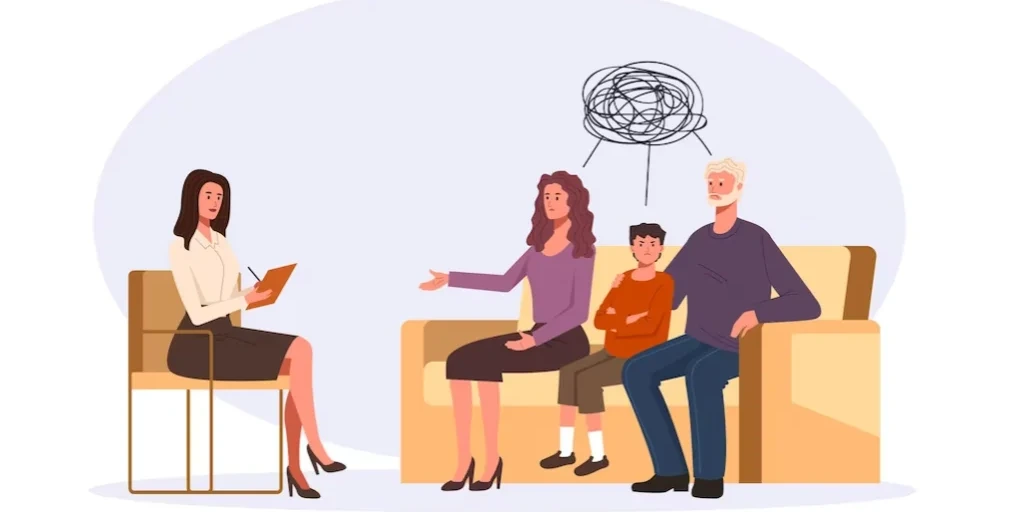24/7 Helpline:
(866) 899-221924/7 Helpline:
(866) 899-2219
Learn more about Bipolar Disorder Treatment centers in Valley Village
Bipolar Disorder Treatment in Other Cities

Other Insurance Options

BHS | Behavioral Health Systems

MVP Healthcare

Magellan Health

United Health Care

Coventry Health Care

Kaiser Permanente

Health Partners

ComPsych

Medical Mutual of Ohio

WellPoint

BlueShield

Sutter

Holman Group

PHCS Network

Choice Care Network

Lucent

State Farm

Providence

Magellan

Private insurance

Studio 12 Private Alcohol and Drug Treament Program – Detox
Studio 12 Private Alcohol and Drug Treament Program – Detox is a private rehab located in Valley Vil...

Recovery Guild
Recovery Guild is a private rehab located in Valley Village, California. Recovery Guild specializes ...

























